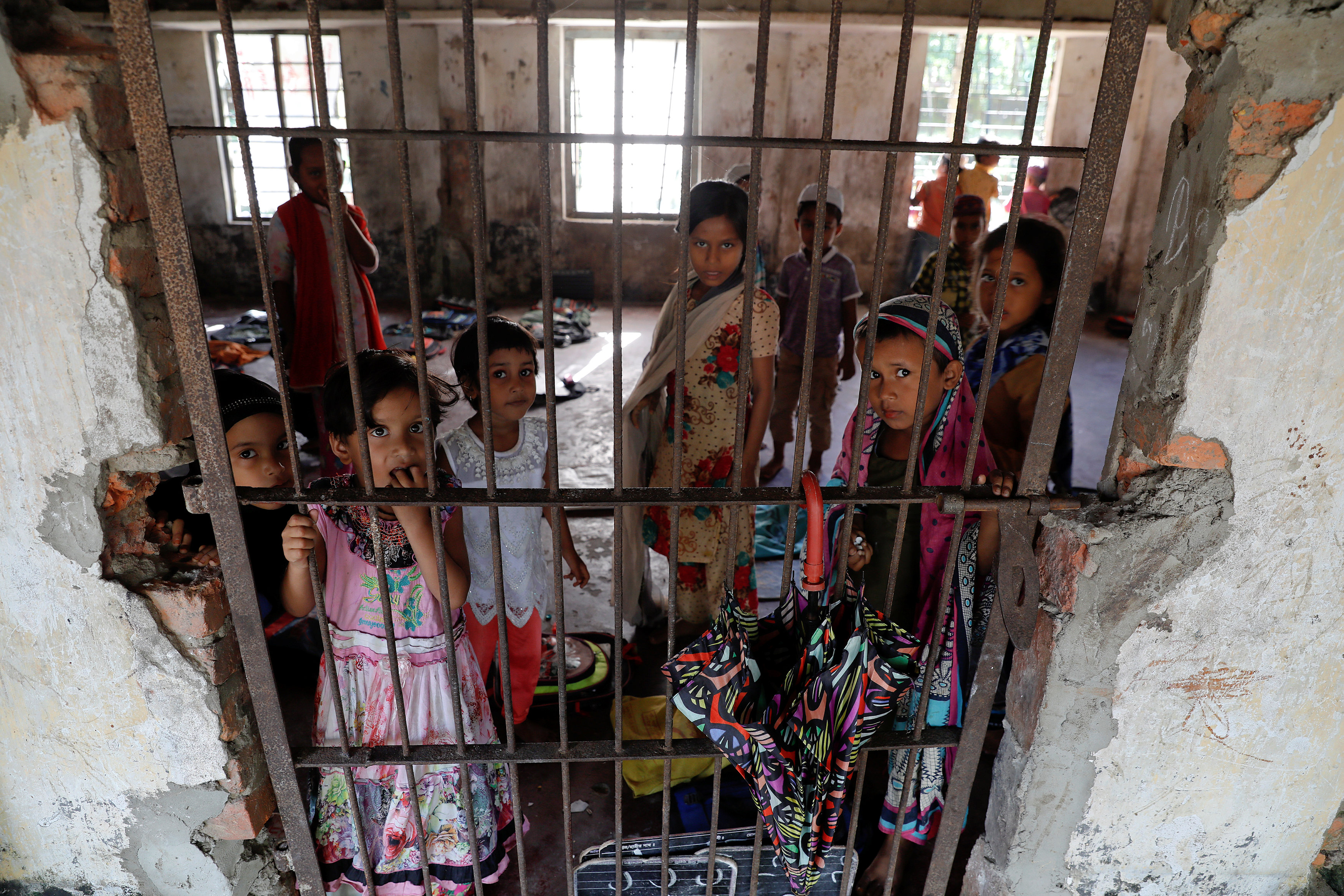
By Michael Kahn and Warren Strobel
PRAGUE/WASHINGTON (Reuters) – Police and spy chiefs from China to the Middle East, a Ukrainian oligarch and a former president of Panama are among the people a coalition of human rights groups wants targeted for sanctions under an expanded U.S. law aimed at curbing rights abuses and corruption worldwide.
The coalition, in documents to be made public on Wednesday, submitted 15 cases to the U.S. State Department and U.S. Treasury, urging them to investigate using the law, called the Global Magnitsky Act.
The law, which then-President Barack Obama signed in December 2016, expands the scope of 2012 legislation that froze the assets of Russian officials and banned them from traveling to the United States because of their links to the 2009 death in prison of a whistleblower, Sergey Magnitsky.
“The cases we have elected to highlight come from every region of the world, and involve horrific stories of torture, enforced disappearance, murder, sexual assault, extortion and bribery,” the coalition of 23 groups said in a letter to U.S. Secretary of State Rex Tillerson and U.S. Treasury Secretary Steven Mnuchin.
The groups said their information came from first-hand accounts of victims and their attorneys, investigative journalism and reports by non-governmental organizations (NGOs).
(http://www.humanrightsfirst.org/sites/default/files/Global-Magnitsky-2017.pdf)
Police chiefs, public prosecutors and heads of security services in Bahrain, China, Egypt, Saudi Arabia, Mexico and Central Asian countries where prisoners were tortured, executed or died in custody are on the list compiled by the groups, which are coordinated by Washington-based Human Rights First.
Among them are Chinese Deputy Minister of Public Security Fu Zhenghua and Beijing’s Municipal Public Security Bureau deputy head Tao Jing. The groups accuse the two officials of bearing “command responsibility” for actions of forces under their control in the torture and 2014 death of human rights activist Cao Shunli.
Cao’s lawyer has said she was denied medical treatment until she was seriously ill, which the Chinese government denies.
Dmitry Firtash, a Ukrainian oligarch indicted by a U.S. court in 2013 on bribery and other charges, is on the list. He denies wrongdoing and is fighting extradition from Austria.
Lanny Davis, an attorney for Firtash, in a statement said the allegations were false and that any sanctions “cannot be justified,” adding: “The constant repetition of false accusations on the Internet doesn’t make them true.”
Another target is former Panamanian president Ricardo Martinelli, who is jailed in Florida facing extradition to Panama on charges he conducted illegal surveillance and stole state funds while in office. Martinelli has repeatedly denied the charges.
ROBUST IMPLEMENTATION?
President Donald Trump, a Republican who did not stress global human rights as a foreign policy priority during his presidential campaign or early months in office, told Congress in April that he was committed to “robust and thorough implementation” of the Magnitsky law.
His administration has yet to impose sanctions or travel bans under it, but an official said the process of identifying potential targets “is both internal and external. We have received nominations from multiple sources including the United States Congress and NGOs.”
“Evidence permitting, our objective is to leverage the global reach of this authority and pursue geographically diverse ‘tranches’ of targets on an ongoing basis,” said the official, who spoke on condition of anonymity.
Acting on the recommendations could pose risks for Trump if targeted governments retaliated. Washington needs Beijing’s help in pressuring North Korea to halt its missile and nuclear tests, for example.
The original Magnitsky legislation strained relations between Moscow and Washington. Magnitsky, a tax accountant and lawyer, was arrested in 2008 shortly after accusing Russian officials of involvement in fraud, and died in prison nearly a year later while awaiting trial.
William Browder, whose Russian hedge fund employed Magnitsky as a lawyer, spearheaded an international campaign to push through the original Magnitsky Act, which now covers 44 Russians. He said travel bans and asset freezes are effective.
“It creates a very devastating consequence because people who thought they could act with absolute impunity no longer have that comfort,” Browder said.
The human rights coalition also hopes that pressure from politicians such as Republican Senator John McCain and Democratic Senator Ben Cardin, the authors of the original legislation and the update, will spur the Trump administration into action.
McCain, in a statement to Reuters, said the role of NGOs is crucial, and envisioned under the new law. “I will continue working to ensure the administration enforces the law and utilizes this powerful tool to advance freedom and justice around the world,” he said.
Rob Berschinski, a former Obama administration official who led the efforts at Human Rights First, said, “Our process is designed to assist the government, but also to remove any excuse around whether it has the ability to levy sanctions. Now the question is simply one of political will.”
The Global Magnitsky Act requires the Trump administration to report to Congress by Dec. 10 on sanctions it has imposed under the law.
(Reporting by Michael Kahn in Prague and Warren Strobel in Washington; Editing by John Walcott, Grant McCool and Andrea Ricci)














